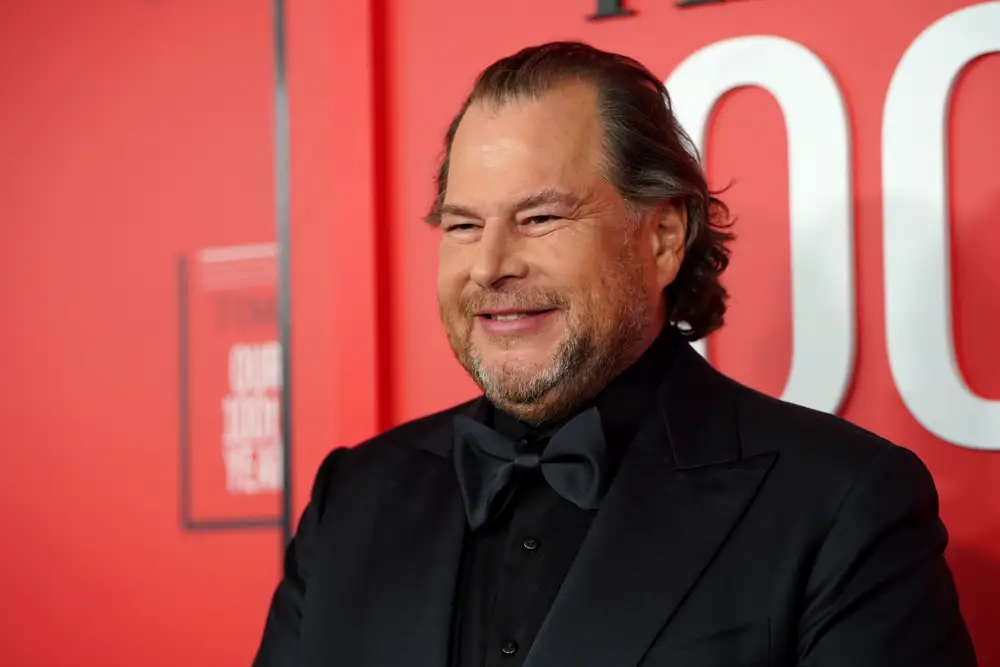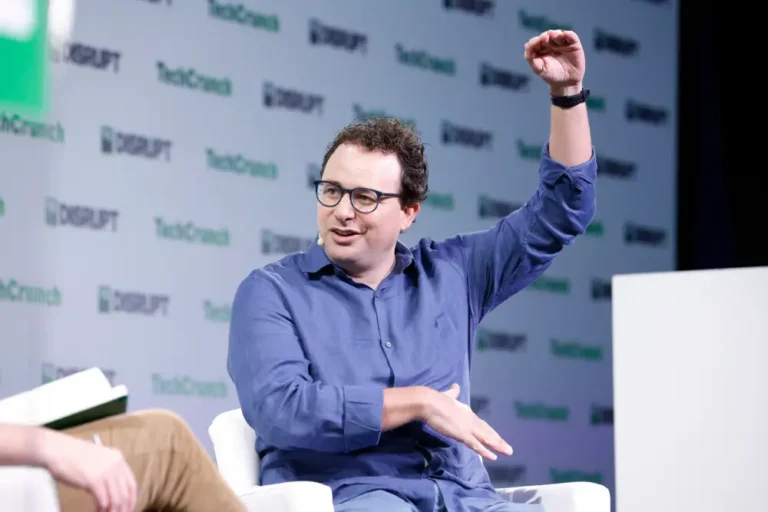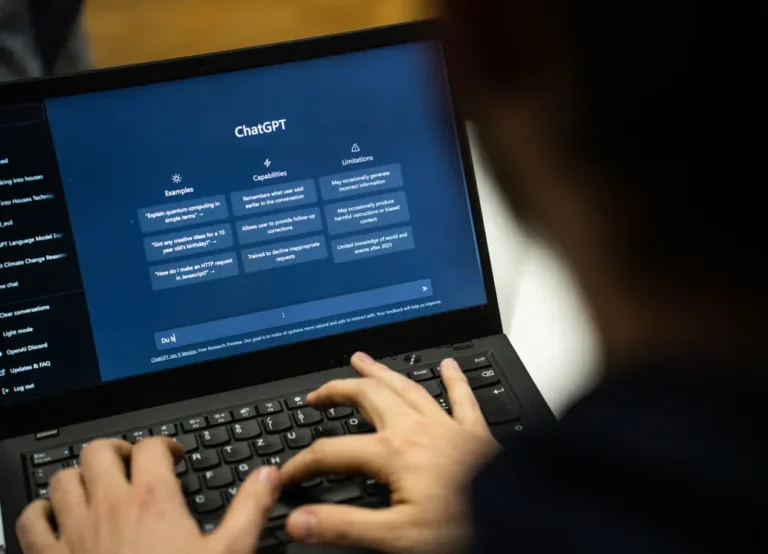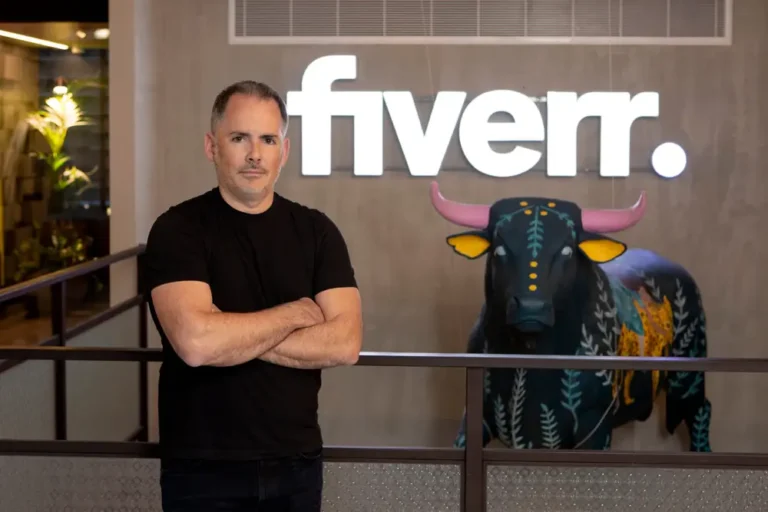Marc Benioff ruptured his Achilles tendon. He doesn’t give a ‘Fakarava’ as Agentforce hope sends Salesforce stock to record.

Marc Benioff, the CEO and cofounder of Salesforce.
There’s nothing like an AI-powered stock surge to take your mind off other problems.
Late on Tuesday, Salesforce CEO Marc Benioff described a painful injury he sustained recently while visiting Fakarava, a remote atoll in the Pacific Ocean.
“Everybody knows I’ve been wearing a boot because I ruptured my Achilles on a scuba-diving trip to Fakarava, which is an incredible place in the Tuamotus in French Polynesia, for my birthday,” he said during an earnings conference call with analysts.
Benioff brushed it off swiftly, though.
“I’m sure we all know the international motto of Fakarava, which I have close to my heart, which is ‘I don’t give a Fakarava,'” he joked.
The CEO has reason to be in a buoyant mood. Salesforce stock jumped 9% to a record on Wednesday.
The company’s $9.44 billion third-quarter revenue was up 8% compared with the same quarter last year, beating Wall Street expectations.
More importantly, Benioff shared some early signs of positive traction for Salesforce’s latest AI product, Agentforce, which helps customers design AI agents.
The CEO said Salesforce “delivered” 200 deals for this new generative-AI offering after it became generally available in the last week of the quarter.
This is a far cry from the challenges Benioff grappled with back in 2022. It was two years ago nearly to the day that Salesforce announced Bret Taylor, the co-CEO and likely successor to Benioff, would step down. Activist investors, including Starboard Value, were pushing Salesforce to improve profit margins.
“This call is the two-year anniversary of our transformation,” Benioff said on Tuesday’s call. “It’s been a financial transformation, and it’s been a technology transformation.”
Benioff pointed to AI investments over the past two years, the integration of its core customer-relationship-management platform, and the increase in the number of engineers at the company.
In an October presentation, Starboard said Salesforce had significantly expanded operating margins and improved growth, but it added that the company could “continue to become more efficient and more profitable.” Starboard also said Agentforce had the potential to improve revenue growth.
Benioff boasted that Agentforce had an “incredible” pipeline of future transactions, but Salesforce still needs to prove it can get customers to buy the product, which has been a challenge for many generative-AI tools so far.
Benioff touted what he called Salesforce’s “unfair advantage” over other generative-AI tools because Agentforce is grounded on customer data, such as purchases and returns.
He also took the latest in a series of recent jabs at Microsoft’s generative-AI assistant, Copilot, calling it a “repackaged ChatGPT,” meaning a derivative of the chatbot made by Microsoft’s partner and competitor OpenAI. A Microsoft executive recently responded to Benioff’s jabs in an interview with B-17, saying, “History tells us that when competitors talk about you, it’s because they’re behind.”
In written remarks after the Salesforce earnings call on Tuesday, the Third Bridge analyst Charlie Miner said Salesforce needed a transformative catalyst such as Agentforce to overcome the risk of “sliding into the stagnation typical of a mature, legacy software platform.”
“Despite Salesforce making AI its defining narrative, the true turning point hinges on Agentforce execution and adoption,” Miner wrote. “If it proves to be an AI winner and delivers as a revenue driver, Salesforce’s business could see a significant leap forward as early as mid-2025.”






